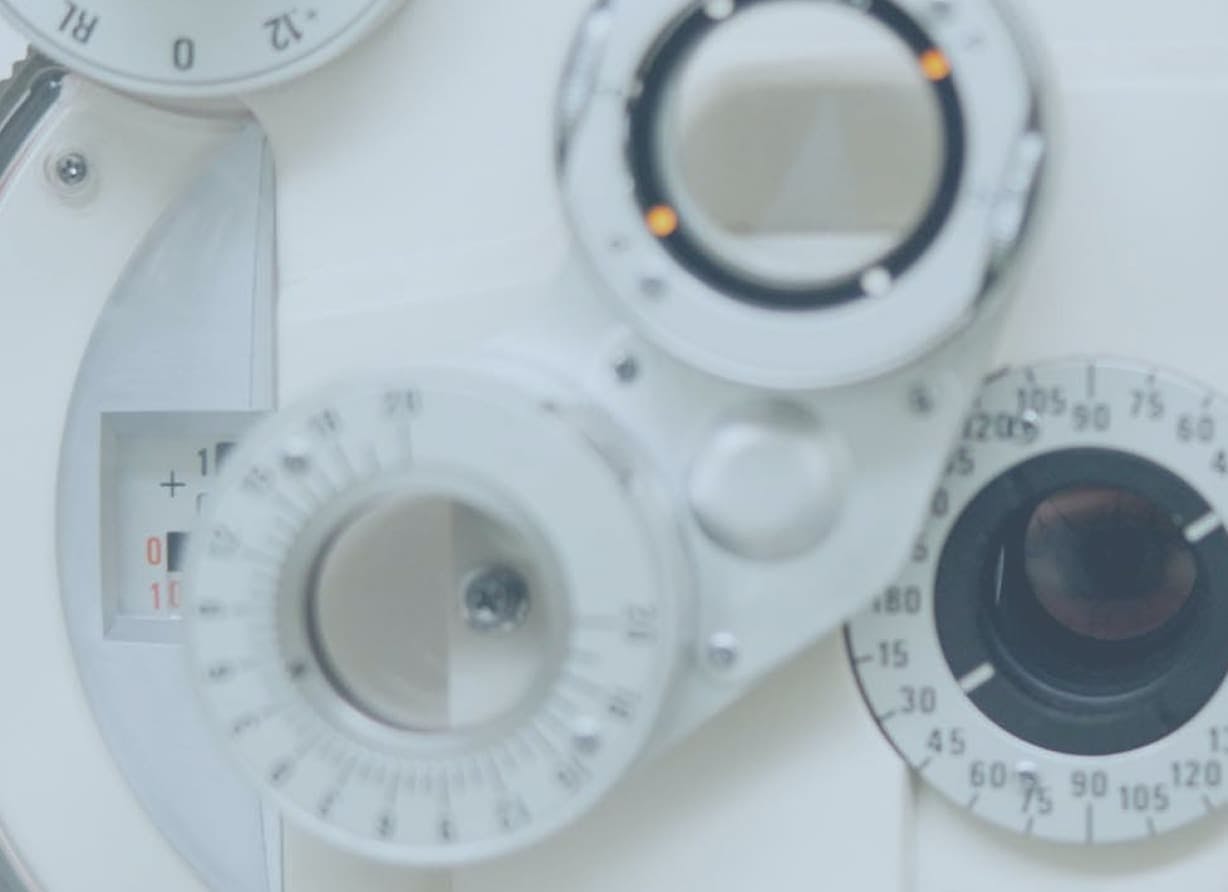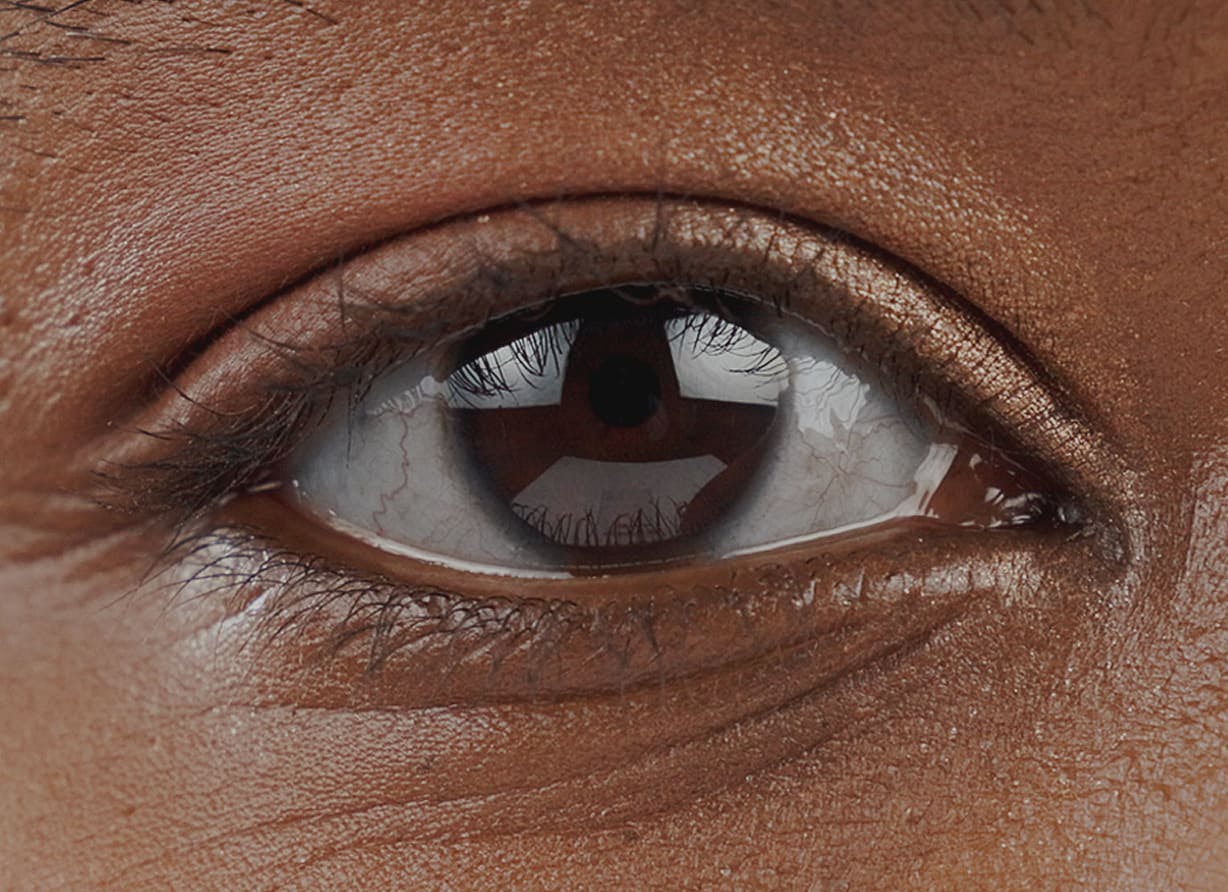A thorough eye exam is essential to detect any current or potential eye disease, including conditions of the cornea. Dr. Chu is highly qualified and experienced in diagnosing and treating sight impairments related to a range of corneal issues, including keratoconus and corneal scarring, for patients in Minneapolis and the Twin Cities area.
Protect Your Eyesight With Regular Eye Exams
At Chu Vision Institute, we want our patients to maintain their best possible eyesight, so we advise everyone to have a comprehensive eye exam at least every other year. Routine vision exams are imperative to your total eye health, as we check for many conditions and impairments, including corneal irregularities. If corneal disease is detected during your eye exam, we offer numerous treatment options to limit further vision loss. Contact our team in Minneapolis, MN, today to schedule your exam so you can keep your ocular health in optimal condition.











